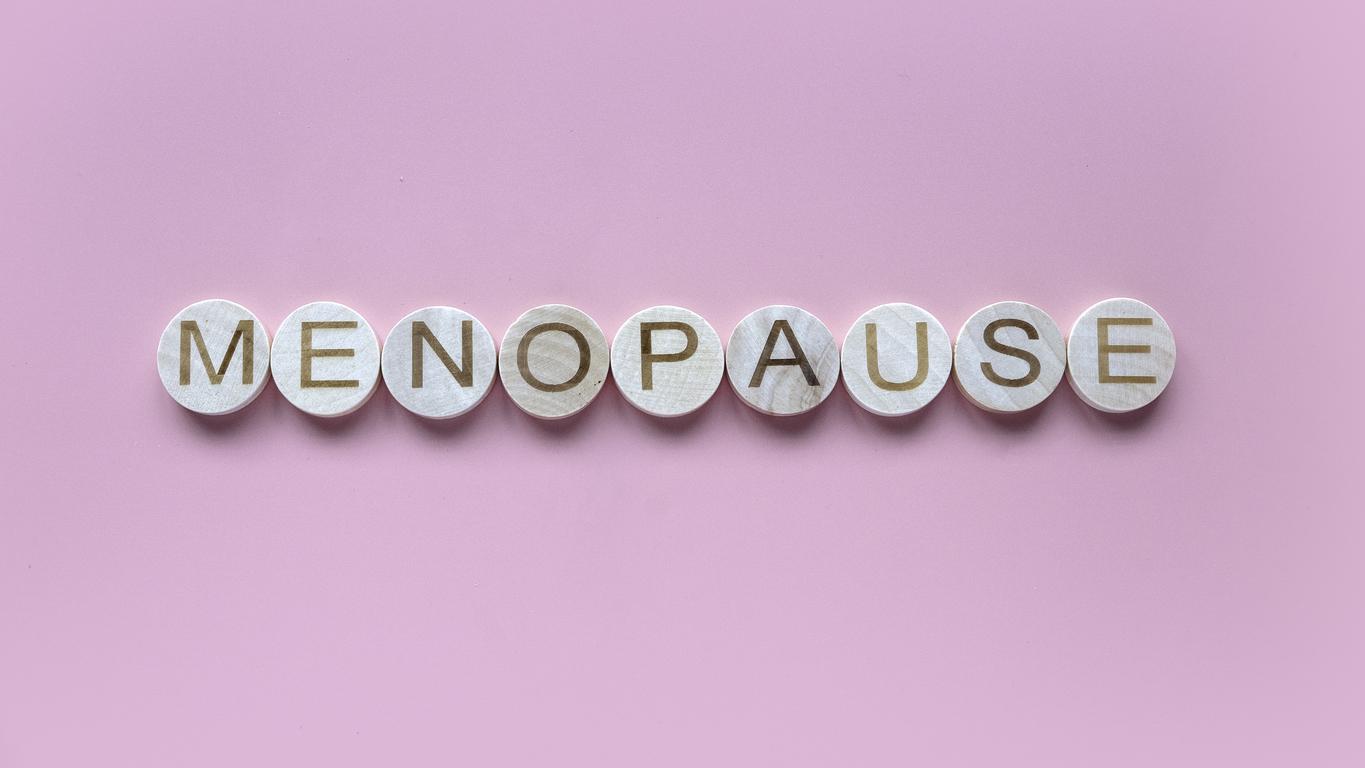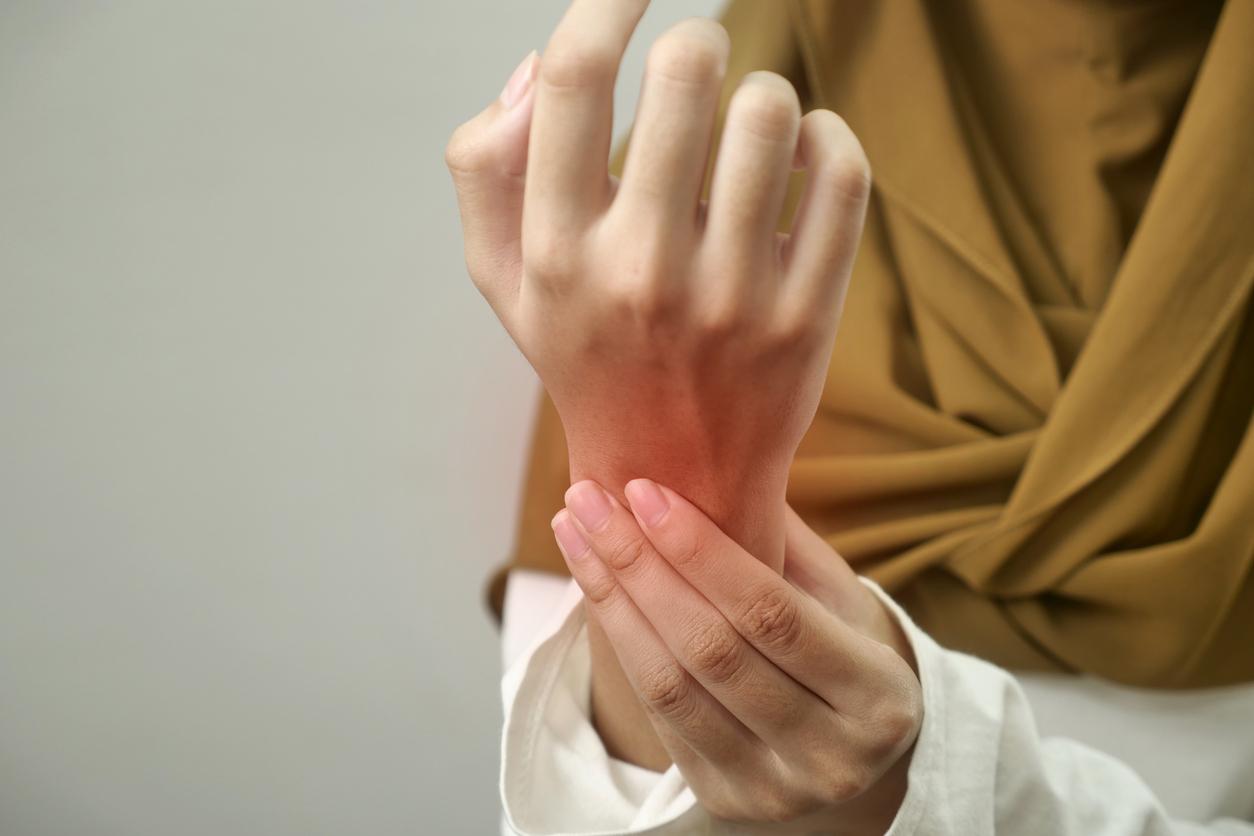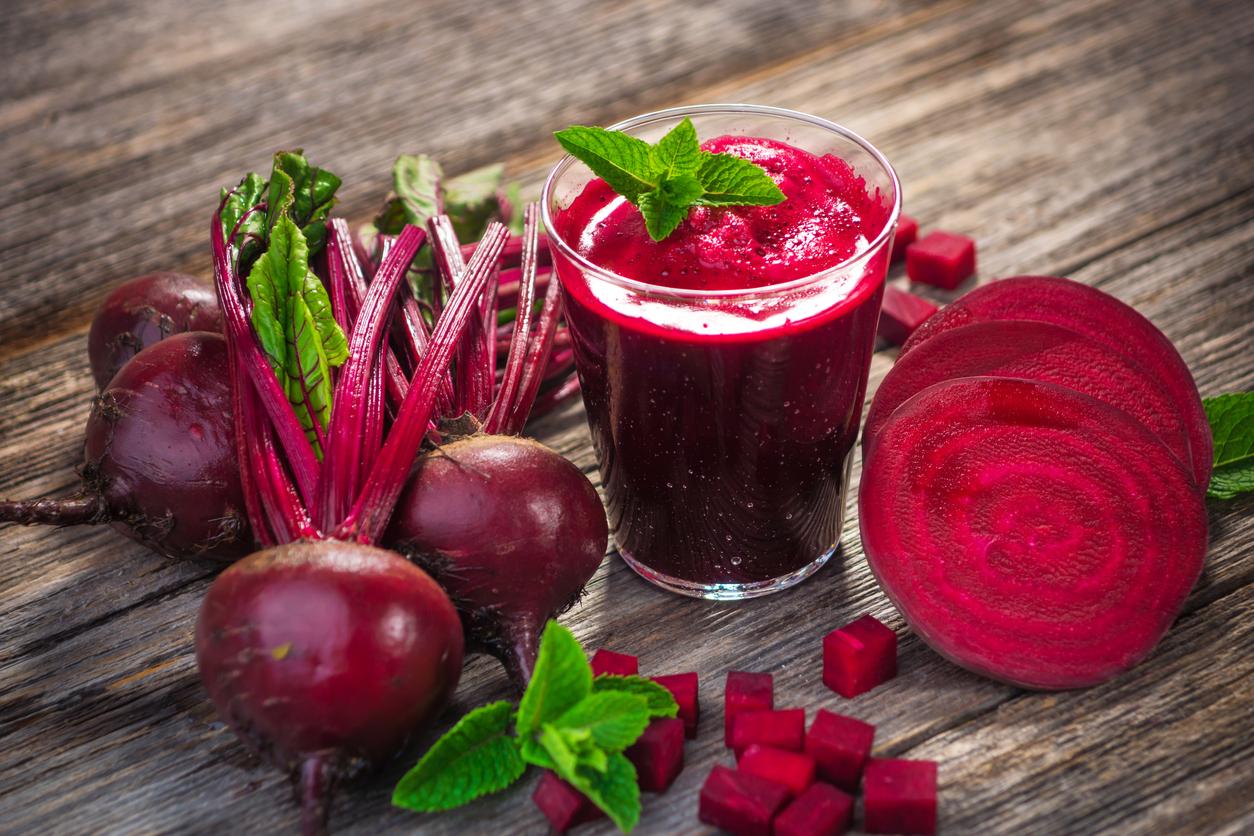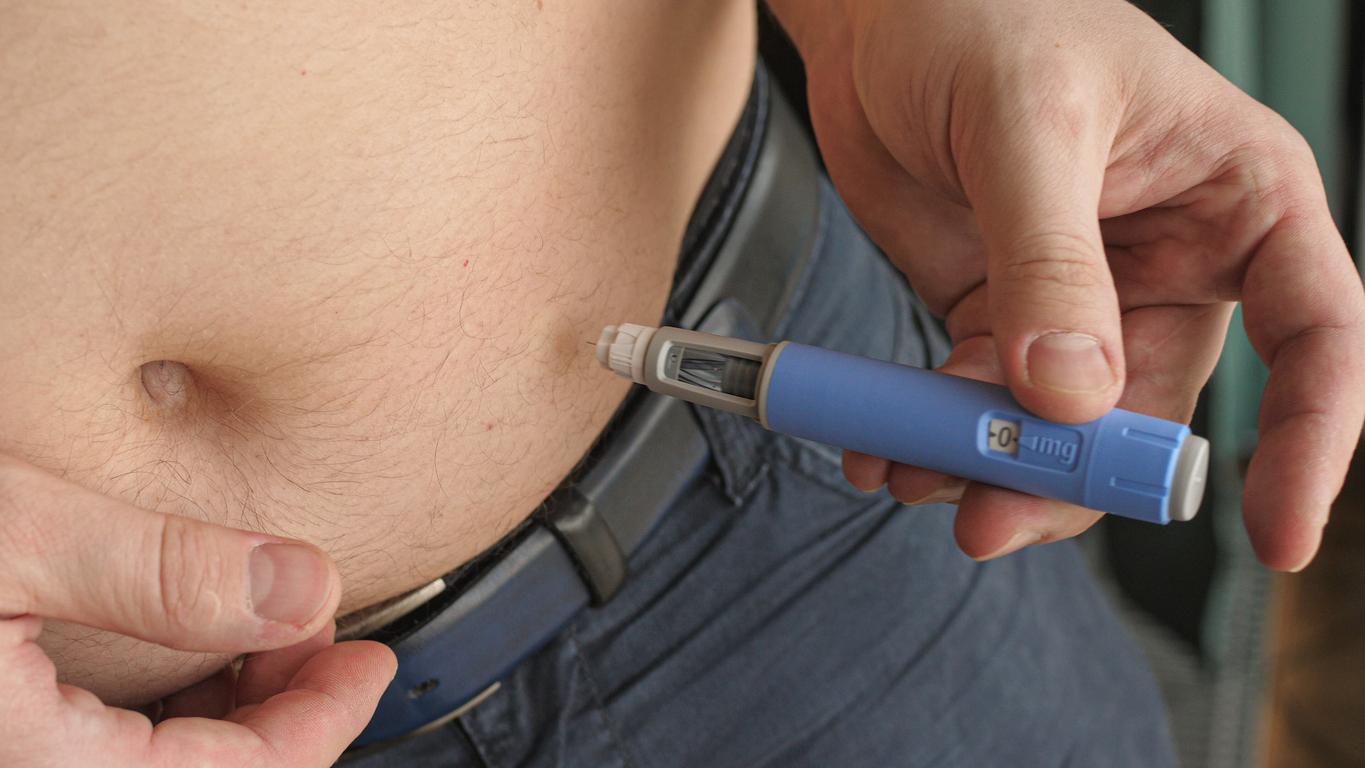Menopause is the consequence of hormonal variations, and can therefore lead to weight gain. There are a few tips to limit it.
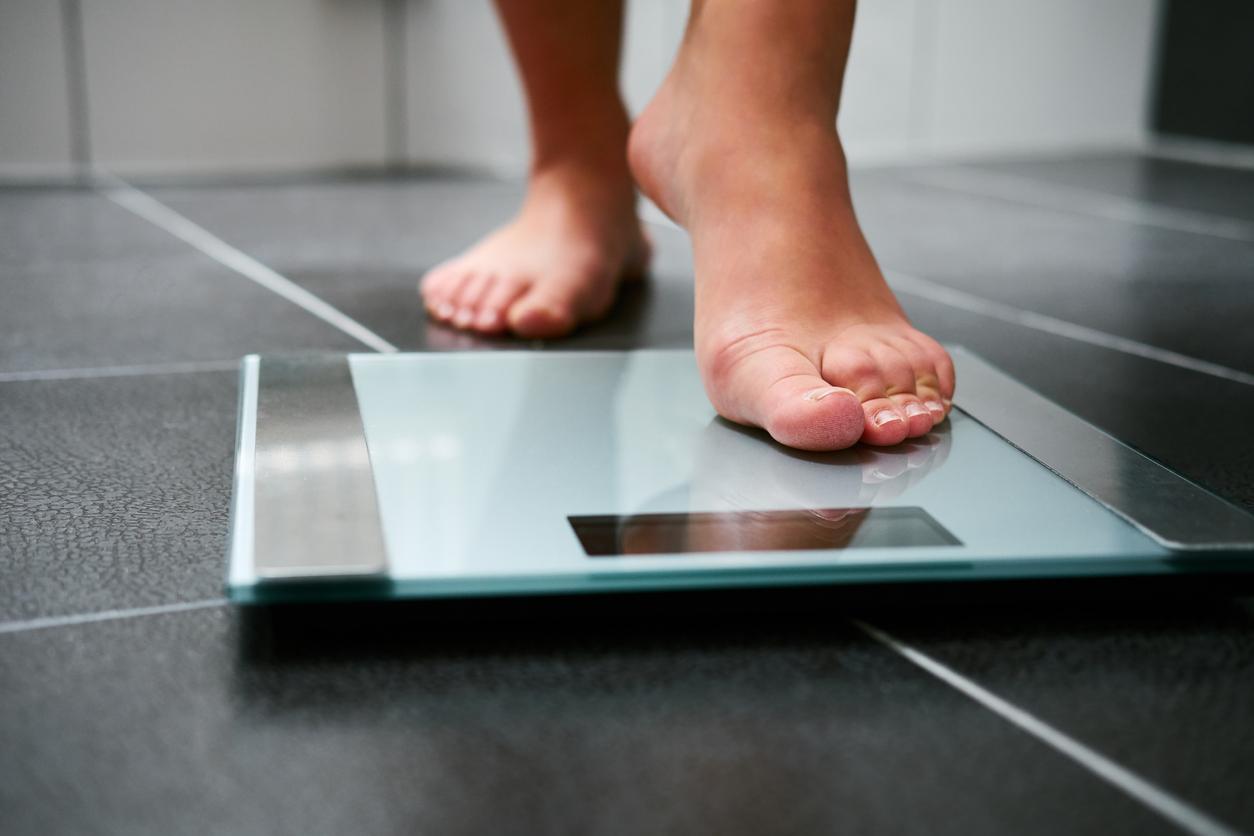
- Menopause can cause weight gain.
- To avoid extra pounds, you need to adapt your diet.
- Quality sleep and sufficient physical activity are also important.
Menopause is a significant moment in a woman’s life. It corresponds to the cessation of ovulation and the end of periods. The phenomenon is caused by the interruption of hormone production by the ovaries. This has multiple consequences on women’s bodies and their health in general. This can in particular lead to weight gain.
Menopause: why do women gain weight?
“Even if a small proportion of women have a stable or even decreasing weight after menopause, many of them complain of a tendency to become overweight.alerts himHealth Insurance. On average, women gain 0.8 kilos per year between the ages of 42 and 50. For 20% of women, the annual weight gain during this period is around 1.5 kilos. It is notably the consequence of the increase in fatty tissues and the decrease in muscle mass in the body: these two modifications are linked to the drop in estrogens.
According to Health Insurance, extra pounds can also be the result of a change in physical activity and energy expenditure or even a change in eating habits, with more snacking or an increase in weight. caloric intake. However, weight gain can increase the risk of developing certain cardiovascular pathologies, but it can also harm the quality of sleep or bone health.
Diet: the key to avoiding weight gain during menopause
At the time of menopause, the metabolism slows down: this means that the body spends less energy, which will promote weight gain. “Logically, therefore, if we burn fewer calories at rest and our food consumption remains the same as before, we gain weight.summarizes Corinne Chicheportiche-Ayache, nutritionist doctor, at Madam Figaro. To limit the risk, she advises adapting your food intake by reducing the size of portions by 25 to 30%. But you must also make sure you eat mindfully: be seated, take the time to chew properly, spot the signals of satiety and make the meal last at least 25 minutes.
Menopause: what foods to eat to avoid gaining weight?
This specialist suggests limiting the consumption of fatty and sugary foods and alcohol. On the other hand, you must adopt a balanced diet, rich in vegetables and proteins. “The best is a savory breakfast, believes the nutritionist. The sweet version involves an insulin spike followed by hypoglycemia. The sugar level then increases suddenly in the blood and then drops just as suddenly. We will have cravings throughout the day which will encourage cravings for sweet products..”

Sleep and physical activity: allies to limit weight gain during menopause
To limit cravings for sweets, sport is also a tool. “The hormones secreted during physical effort (endorphin, dopamine, adrenaline, etc.), reduce our stress levels and prevent us from eating urges linked to negative emotions., specifies Corinne Chicheportiche-Ayache. Physical activity also helps increase energy expenditure while building muscle, which helps maintain a stable figure.
Finally, this specialist points out that it is necessary to have good sleep habits, because significant fatigue increases the risk of weight gain. “We will tend to do less sport and be attracted to foods that provide energy, most often fatty and sugary products.” In the event of sleep disorders linked to menopause or any other symptom favoring weight gain, it is important to speak with your doctor.













